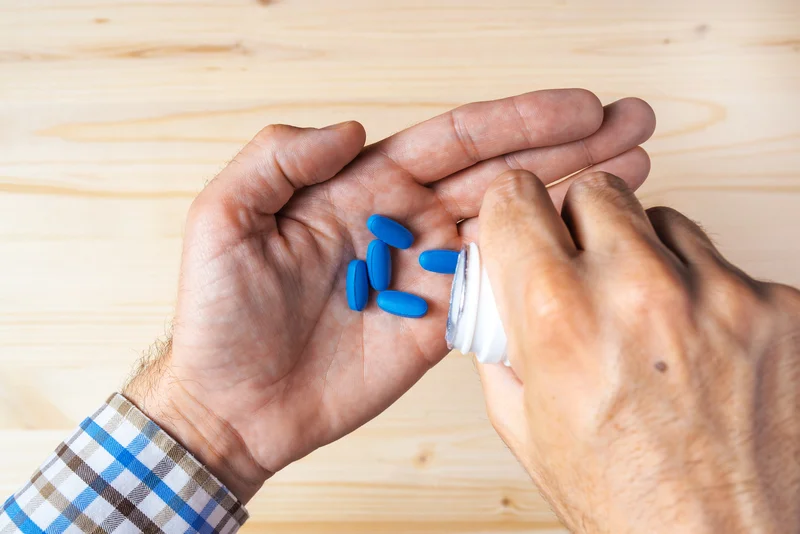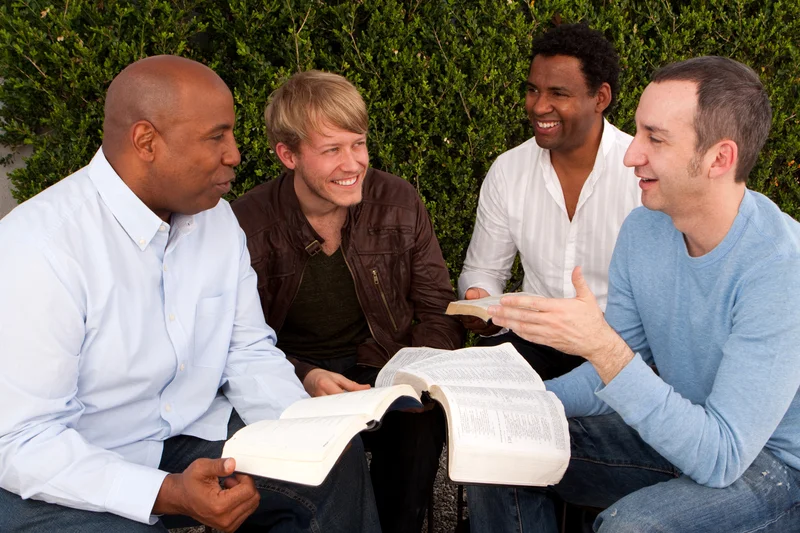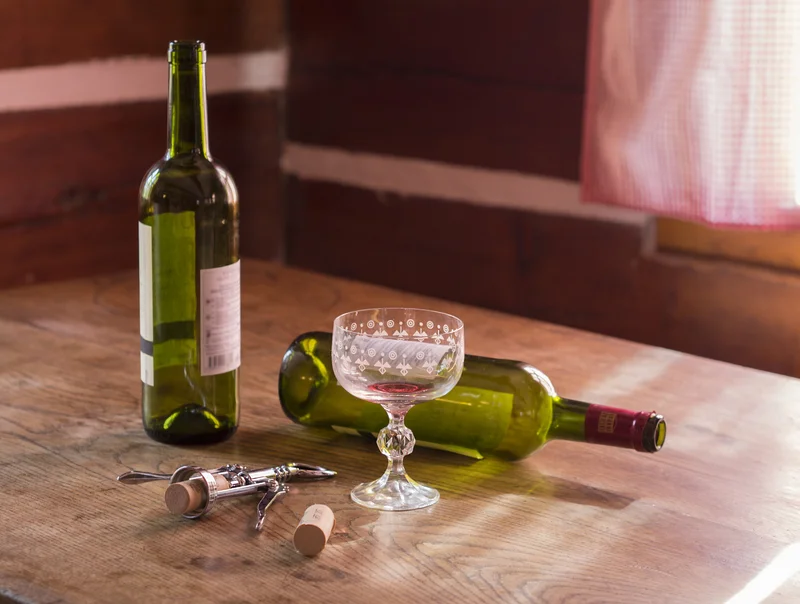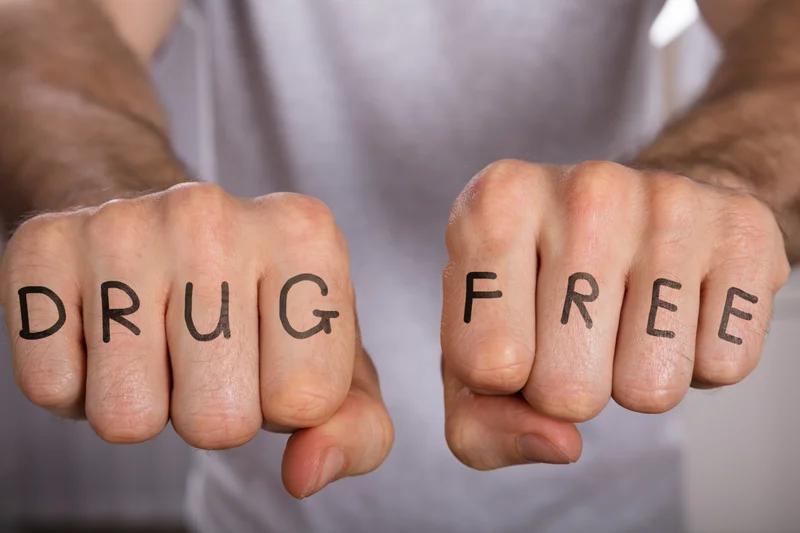
Dr. Ashley E. Stewart stands at the forefront of diversity, inclusion, and Sober living home social work, focusing her research on identity, structural oppression, and recovery health equity. Her work as an educator and consultant is pivotal in advancing policies that address health disparities and support recovery from substance use disorders. At Temple University’s School of Social Work, Dr. Stewart’s role further enables her to impact the next generation of social work professionals. We envision all persons in recovery from addiction having access to the recovery support they need to live happier, healthier lives.
Staffing

Safe, supportive housing provides the stability needed for individuals to achieve long-term sobriety. FARR-certified residences ensure that those in recovery have access to environments that promote safety, compliance, and peer support. Beyond his work at The Road to Hope, Jeff collaborates with treatment centers, government agencies, and nonprofit organizations to improve recovery housing standards and services. His leadership and dedication have earned him numerous accolades, including recognition from the Ohio State Senate and House of Representatives for exemplary service. He has also served in key roles within the recovery community, including as a member of the treatment team for Lorain County Recovery Court and chair of the Ohio Recovery Housing state appeals committee.
- Adjacent to dWELL Home in our neighboring brownstone apartments, clients who have progressed through our integrated phases have all the benefits of the dWELL Community with a new level of independence and autonomy.
- Without the structure of a daily schedule and accountability of others around you, it can be easy to fall back into old habits that are not productive for your sobriety.
- At Design for Recovery, our sober living homes provide countless opportunities for personal growth, wellness, community connection, and accelerated recovery.
- VARR approved houses demonstrate adherence to a rigorous set of standards.
- Residents have developed a new toolkit of independent living skills and are preparing for transitional living.
- One Promise Staff have more than 15 years of experience in providing recovery housing services.
Williamsburg House
Transcend’s recovery home living is staffed by 24/7 awake recovery trained personnel. They provide residents with the support they need during their time in the sober home and can accommodate both men and women individually. Without the structure of a daily schedule and accountability of others around you, it can be easy to fall back into old habits that are not productive for your sobriety. The staff at sober living homes are trained to help hold you accountable for your actions while living there. Going to a sober living home has proven to be an effective way for many people to reduce relapse and achieve long-term sobriety. When living in active addiction, the only relationship that mattered was the relationship between you and your substance.
- Level III’s are designed to support populations who need more intense support in developing recovery capital than provided by Level I or Level II.
- Confirm that the facility provides an aftercare program and ongoing support even after you transition out of sober living.
- Throughout the 1990s, many treatment programs discontinued their social model elements, a distinct departure from today’s residential community approach.
- Community, and particularly housing, plays a crucial role in recovery.
- Anyone committed to sobriety, especially those transitioning from rehab.
See Our Sober Living Homes In Your Area

The Standard is built on the lived experience of operators and residents, not the decisions of an external accreditation body. Resident wellness and opportunities to enhance recovery are at the forefront of the Standard. Oxford House is a 47-year old model for democratically self-governing, financially self-supporting recovery residences for individuals with substance use disorders. They are gender-specific homes with no time limit on residency which allows for the development of long-term sobriety. They operate in compliance with the requirements of the Oxford House Charter and System of Operations found in the Oxford House Manual. Oxford Houses do not have resident staff managing the individual houses however the model includes training and oversight from the local network of houses and state association, along with technical assistance from Virginia outreach workers.

However, common rules that most programs enforce are resident sobriety, curfews, household chores and responsibilities, support group attendance and employment, among others. Every month, 150,000 people search for addiction or mental health treatment on Recovery.com. On September 25, 2024, new regulations for the voluntary certification of recovery residences were adopted and published. People living in a recovery residence often become neighborhood assets and a value to the recovery residence community. To view recovery residences, please select your county on the map or from the dropdown menu.
Sober living is not covered by insurance and typically costs $300 to $2,000 per month. The cost varies based on location, amenities, and the level of support services provided. Researched, fact-checked and transparent articles and guides that offer addiction and mental health insight from experts and treatment professionals. Peer to peer support is a key feature towards the common goal of recovery. Residents can be linked to community recovery supports, employment, education, and treatment.
- Oxford Houses do not have resident staff managing the individual houses however the model includes training and oversight from the local network of houses and state association, along with technical assistance from Virginia outreach workers.
- Our recovery program is built on the Transcend principles of accountability, spirituality, and community.
- If you have recently completed treatment, the staff can usually provide referrals to local, trustworthy sober living homes.
- Additionally, compensation from advertisers is also a factor taken into consideration when determining the order of similar centers.
- As a board member of NARR, Dr. Vilsaint’s contributions are instrumental in fostering a more equitable and supportive recovery community.
Short Stay Crisis
Your recovery residence will be added to the Recovery Residence Registry directory (PDF) 60 days after receipt of a completed application. https://ecosoberhouse.com/article/what-is-the-difference-between-alcohol-abuse-and-alcoholism/ Incomplete applications will be returned for resubmission within 10 business days. The department will request a new application to confirm the recovery residence is still in operation yearly. My son has been living in a sober living home which has taught him how to control his addiction and become a better person.

Join our global mission of connecting patients with addiction and mental health treatment. We want to ensure that all our residents feel at home, whether they are here for residential care or outpatient treatment. Certified homes provide a structured, secure environment where residents can focus on their recovery journey without distractions. The program is designed to help people experiencing homelessness who also have an opioid use disorder find safe and stable housing in a recovery residence. More information can be found at the Department of Administration’s Recovery Voucher Grant Program website. In my opinion, this is one of the TOP resources that contributed to saving my son’s life.

